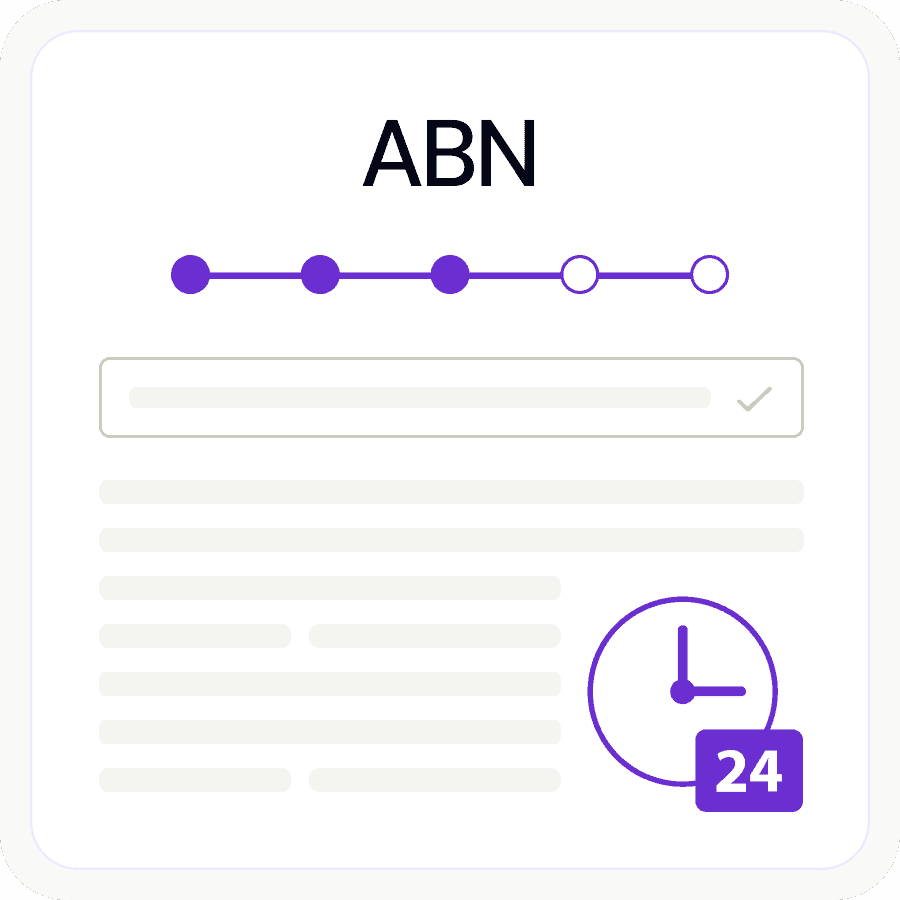It’s always exciting when you turn your passion-project into a profitable venture. However, what comes next is figuring out how you’re going to fund your business. After bootstrapping in the early stages, you’ll likely want to fund your business further externally. This is where Angel Investors and Venture Capitalists step in, to provide capital in exchange for owning a small share of your business. In this article, we’ll explain the difference between Angel Investors and Venture Capitalists. Understanding the difference between these means that you’ll be able to pitch your business to the right audience and make the best decisions going forward.
Venture Capitalists
Venture capital is a type of investment which focuses on established businesses that have the potential to grow. In return for their investment, venture capitalists receive a stake in the business. Venture capitalists also tend to invest more funds into businesses, meaning they receive a larger stake in the business. Where a venture capital firm invests $5 million dollars, an Angel Investor may only offer $500,000.
Limited partnership
Venture Capital is usually provided to emerging businesses. Private equity is usually reserved for already established businesses. Venture capitalists are usually after a larger slice of the business. Instead of just changing the structure of the business to a partnership, Venture Capital normally utilises a limited partnership. This has tax benefits and limits the liability of investors making them more likely to invest. As a result, a number of requirements have to be met in order to be eligible. The critical requirement is to be either a company or a unit trust.
Sourcing venture capital
To begin with, there are government assisted programs in place to help you source Venture Capital. These are registered as part of the venture capital limited partnerships or the early stage venture capital limited partnerships. Furthermore, the government also has the entrepreneurs program. The program provides grants, funding and assistance. The emphasis is on new and innovative services and products. Some businesses may apply for the biomedical translation fund. It is a niche venture capital program which exists to support biomedical discoveries.
Angel Investors
An Angel Investor provides capital before a Venture Capitalist does. An Angel Investor can invest at any point, but they are usually most present for the Seed Funding and early series rounds. Because angel investors tend to invest a lower amount of funds than a Venture Capital firm, they tend to also be easier to source funding from.
When you use an Angel Investor it can be more personal than just obtaining money from a large investment board. Further, the angel investor can provide business advice, sit on the board and act as an office holder. This comes with the cost of giving up some of your ownership over the business, as this is a form of equity. Angel Investors will also own a smaller percentage of the business, as compared with Venture Capitalists.
Which one should you seek capital from?
Angel Investors and Venture Capitalists can both help you grow your business, but each has it’s own benefits and drawbacks. If your business is new and not yet well-established, an Angel Investors will be your best bet for an early injection of capital. However, if your business is further along the line and has a solid footing, seeking Venture Capital will be the best option.
To determine which investor is right for you, ask yourself the following questions:
- How established is your business?
- How much capital are you seeking?
- Are you willing to give up more ownership in exchange for more capital?
- What funding round is your business up to, for example Seed, Series A or as far along as Series C?
Tailoring your pitch to Angel Investors and Venture Capitalists
Presenting a convincing pitch is essential in successfully attracting investors to your business. However, a pitch that will win over an Angel Investor won’t necessarily be the same for a Venture Capitalist.






